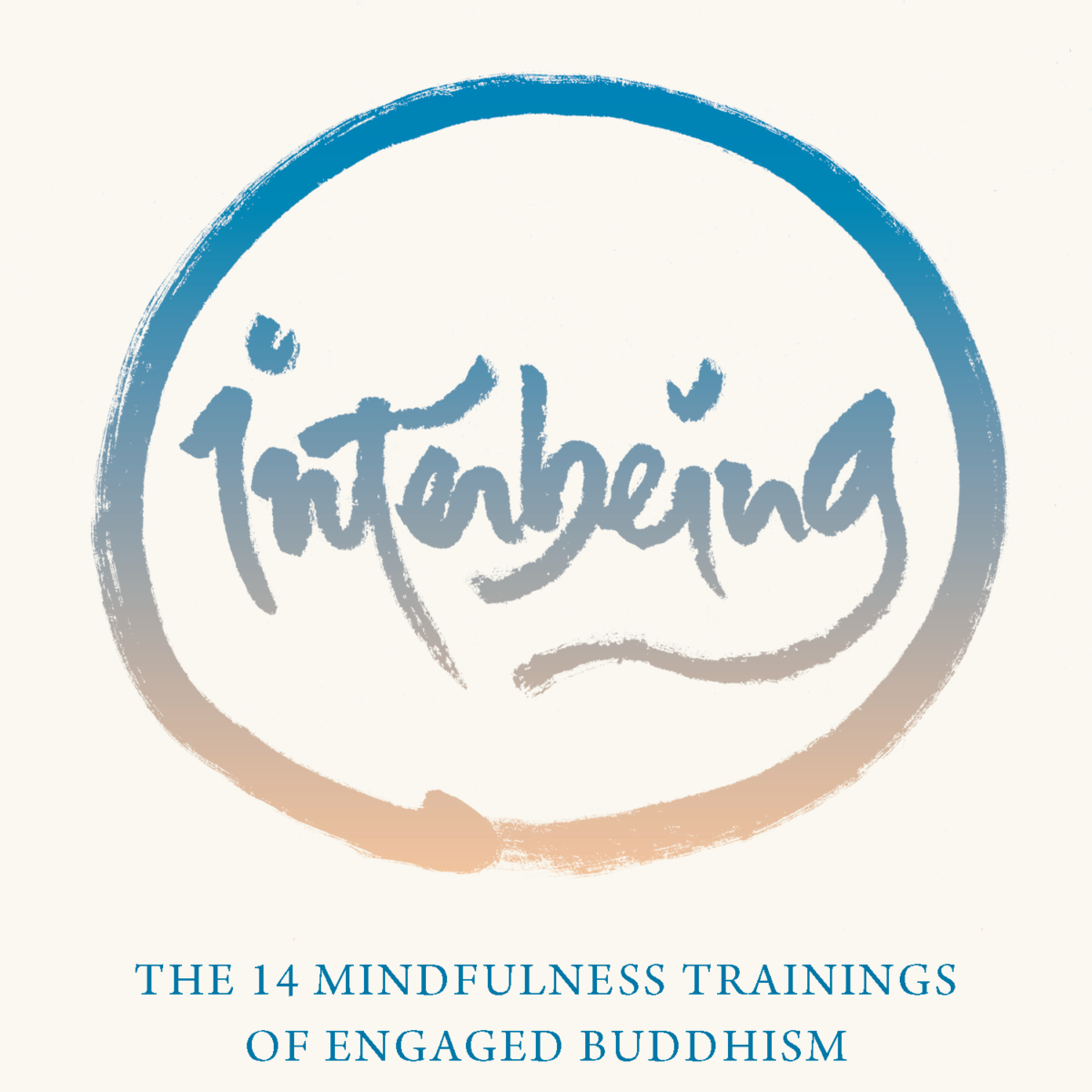By Thich Nhat Hanh

The Eleventh of the Fourteen Mindfulness Trainings: Right Livelihood
Aware that great violence and injustice have been done to our environment and society, we are committed not to live with a vocation that is harmful to humans and nature. We will do our best to select a livelihood that helps realize our ideal of understanding and compassion. Aware of global economic,
By Thich Nhat Hanh

The Eleventh of the Fourteen Mindfulness Trainings: Right Livelihood
Aware that great violence and injustice have been done to our environment and society, we are committed not to live with a vocation that is harmful to humans and nature. We will do our best to select a livelihood that helps realize our ideal of understanding and compassion. Aware of global economic, political, and social realities, we will behave responsibly as consumers and as citizens, not supporting companies that deprive others of their chance to live.
Right Livelihood is an element of the Noble Eightfold Path. It urges us to practice a profession that harms neither humans nor nature, physically or morally. Practicing mindfulness at work helps us discover whether our livelihood is right or not. We live in a society where jobs are hard to find and it is difficult to practice Right Livelihood. Still, if it happens that our work entails harming life, we should try our best to find another job. We should not drown in forgetfulness. Our vocation can nourish our understanding and compassion, or it can erode them. Our work has much to do with our practice of the Way.
Many modern industries, including food manufacturing, are harmful to humans and nature. Most current farming practices are far from Right Livelihood. The chemical poisons used by modern farmers harm the environment. Practicing Right Livelihood has become a difficult task for farmers. If they do not use chemical pesticides, it may be hard to compete commercially. Not many farmers have the courage to practice organic farming. Right Livelihood has ceased to be a purely personal matter. It is our collective karma.
Suppose I am a school teacher and I believe that nurturing love and understanding in children is a beautiful occupation, an example of Right Livelihood. I would object if someone asked me to stop teaching and become, for example, a butcher. However, if I meditate on the interrelatedness of all things, I will see that the butcher is not solely responsible for killing animals. He kills them for all of us who buy pieces of raw meat, cleanly wrapped and displayed at our local supermarket. The act of killing is a collective one. In forgetfulness, we may separate ourselves from the butcher, thinking his livelihood is wrong, while ours is right. However, if we didn’t eat meat, the butcher wouldn’t kill or would kill less. This is why Right Livelihood is a collective matter. The livelihood of each person affects all of us, and vice versa. The butcher’s children may benefit from my teaching, while my children, because they eat meat, share some responsibility for the butcher’s livelihood of killing.
Millions of people make a living off the arms industry, manufacturing “conventional” and nuclear weapons. These so-called conventional weapons are sold to Third World countries, most of them underdeveloped. People in these countries need food, not guns, tanks, or bombs. The United States, Russia, and the United Kingdom are the primary suppliers of these weapons. Manufacturing and selling weapons is certainly not Right Livelihood, but the responsibility for this situation does not lie solely with the workers in the arms industry. All of us—politicians, economists, and consumers—share the responsibility for the death and destruction caused by these weapons. We do not see clearly enough, we do not speak out, and we do not organize enough national debates on this huge problem. If we could discuss these issues globally, solutions could be found. New jobs must be created so that we do not have to live on the profits of weapons manufacturing.
If we are able to work in a profession that helps us realize our ideal of compassion, we should be very grateful. Every day, we should help create proper jobs for ourselves and others by living correctly—simply and sanely. To awaken ourselves and others and to help ourselves and others are the essence of Mahayana Buddhism. Individual karma cannot be separated from collective karma. If you have the opportunity, please use your energy to improve both. This is the realization of the first of the Four Great Vows:
Countless beings I vow to save.
Ceaseless afflictions I vow to end.
Limitless Dharma doors I vow to open.
I vow to realize the highest path of awakening.

